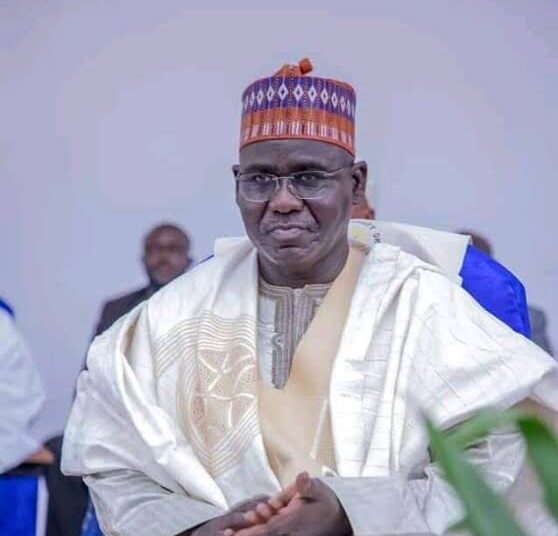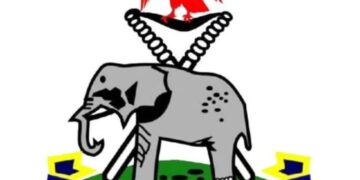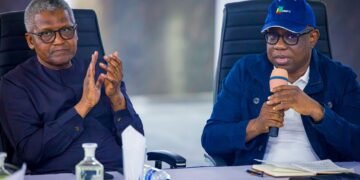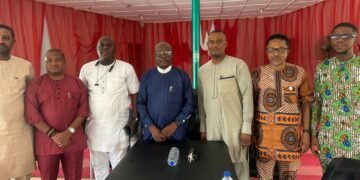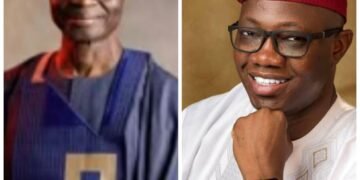Lt. Gen Tukur Yusufu Buratai is a former Chief of Army staff and Former Nigerian Ambassador to the Republic of Benin. In this piece, he narrated how he rose through the ranks in Nigerian Army and forty years experience in the Nigerian Army
I was appointed as Chief of Army Staff (COAS) in 2015 at a time when the sovereignty of the country was threatened by insidious forces within our borders. Throughout my forty years in the Nigerian Army, including those momentous sixty six months as its head, my sole preoccupation had been public service.
The records of my modest achievements are obvious, some of which had been mentioned earlier in this hall. My commitment to the army and the Nigerian public never wavered from my cadet days to my retirement. I started as a young officer, eager to serve my country and make a difference.
Over the years, I rose through the service, promoted as at when due and took on various roles and responsibilities that allowed me to contribute to the greater good of the service and the nation. As I gained experience and expertise, I was entrusted with leadership positions.
These opportunities allowed me to contribute to shaping the direction of the Nigerian Army and implement strategies that enhanced its efficiency and effectiveness.
My tenure as Chief of Army Staff was particularly significant, as it provided a platform to influence policy and ensure the army’s readiness to face all security challenges that arose. Some of my obvious key achievements include preservation of democracy, improved professionalism of the Nigerian Army and maintaining our nation’s unity.
During my tenure as Chief of Army Staff (COAS), I focused on modernizing the Nigerian army’s capabilities and adapting to the ever-evolving nature of warfare. I spearheaded initiatives to enhance training programmes, improve equipment, and promote innovation within the ranks. These efforts not only bolstered the Army’s operational readiness but also ensured the safety and security of our nation.
An officer of the Nigerian armed forces is guided by both the Constitution and the Armed Forces Act CAP A20 Laws of the Federation of Nigeria which forms the major part of military laws in Nigeria. This is referred to as Doctrine of Compact’, which simply means that a military personnel is subject to two laws. That is Civil Law and Military Law.
While in service, I made sure that my decisions, as well as the actions I took were guided by this doctrine. I prioritized fostering strong relationships with international allies, recognizing the importance of collaboration in addressing global security concerns. Through joint exercises and partnerships, strengthened our collective defense capabilities and promoted counter terrorism efforts regionally and globally. Through the instrumentality of the Multinational Joint Task Force (MNJTF) we coordinated and fought the war against Boko Haram and Islamic State West African Province (ISWAP). Through the Community of Sahel-Saharan State (CENSAD) and the Islamic Coalition against Terrorism we contributed significantly to the global war against terrorism.
In retirement my dedication to public service remains as strong. I am grateful for the trust placed in me and the experiences that have shaped my character. Moving forward, I will continue to contribute to society, leveraging the skills and values instilled in me during my military career.
My four decades in the army, including my tenure as Chief of Army Staff (COAS), has been marked by a deep commitment to serving the public through a focus on modernization, collaboration, and unwavering dedication. I endeavored to make a positive impact on the army and the nation as a The verdict is out, and I am fulfilled to have played a role in safeguarding our country’s security and well-being
Lt. Gen Tukur Yusufu Buratai is a former Chief of Army staff and Former Nigerian Ambassador to the Republic of Benin


